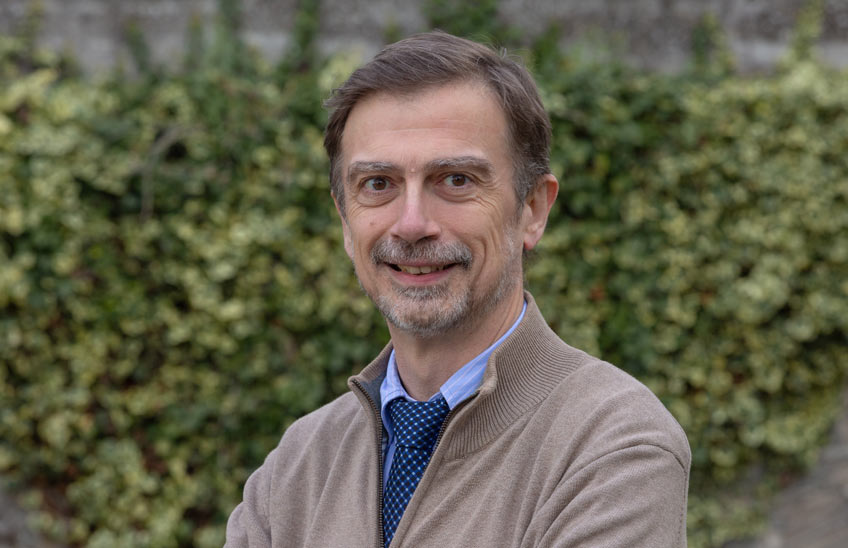The University and group of Physics in Radiation Oncology at Massachusetts General Hospital are collaborating to find solutions for more effective radiation therapy.
The two institutions have signed a agreement framework to collaborate in the research on radiotherapy in order to improve the quality of life of patients.

FotoManuel Castells<br>/Javier Burguete
17 | 04 | 2024
The group of research of Medical Physics and Biophysics of the School of Sciences of the University of Navarra and the group of research of Physics in Radiation Oncology of the Massachusetts General Hospital -adjoined to the School of Harvard Medicine- have signed a partnership agreement to investigate in the search for a more personalized radiotherapy.
According to Javier Burguete, coordinator of the group researcher of the University of Navarra, the main goal of this agreement is to develop a model adapted to each patient by combining the different approaches of work proposed by both groups from the USA and Navarra. "The US group has developed a generic model based on statistical parameters of the population. Our group has developed a procedure to obtain in a personalized way the blood circulation of large vessels, based on MRI measurements".
This agreement, which has a duration of five years and can be extended, facilitates the exchange of doctoral students and researchers between the two institutions. The partnership began when Carlos Huesa, a professor at School , began a postdoctoral stay at Harvard University more than a year ago. Marina García-Cardosa, a doctorate student at the University of Navarra, began a stay in December thanks to this agreement.
"The goal is to improve the treatments that patients receive, and to move closer towards a completely personalized treatment. Carlos Huesa's work opens the door to obtaining a better estimate of the dose received in the case of treatments using radioactive spheres, and in the case of Marina García-Cardosa it opens the door to reducing the radiation received by the circulating blood".
For Burguete this research may have a direct application in those patients treated with these therapies and is intended to reduce the side effects of radiation doses. "Reducing the dose received by healthy organs is crucial for the best possible quality of life and prognosis. Our work provides a evaluation of the dose received by the blood, which is increasingly considered an organ at risk," he concludes.
